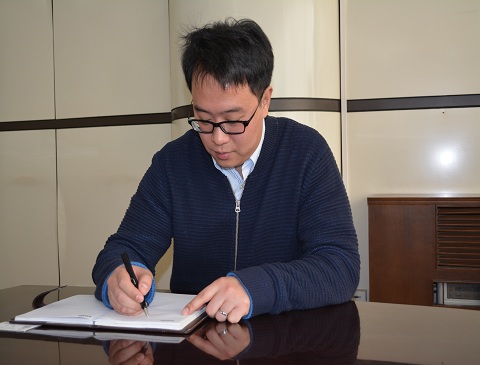Subsidies levied on German consumers to support renewable power are to rise by 1.8 percent next year and an increase in solar power capacity will be far slower than in 2010 and 2011, a statement from transmission grid firms said on Friday.
The data showed Germany is beginning to rein in an exponential rise in renewable power driven by generous subsidies which have become increasingly burdensome for users.
The four leading high voltage network operators (TSOs) cited calculations by independent researchers who they said had arrived at a modest forecast for the anticipated renewable power charge (EEG tariff) that is shared by all consumers.
Under German law, green power from sources like wind and solar must be fed into the electricity grid and paid above-market rates in a system partly administered by the TSOs.
"Consumers in 2012 will contribute to promoting renewable energies in 2012 by paying 3.592 euro cents ($0.0492) per kilowatt hour (kWh)," the statement said.
"This is just little more than 3.530 cents/kWh paid this year."
The statement also said that photovoltaic power capacity is due to rise to 28.3 gigawatt (GW) in 2012, compared with 23.8 GW expected by the end of 2011 and 17.3 GW recorded at the end of 2010, according to the research.
This would represent an 18.9 percent year-on-year rise in 2012 compared with what is expected for the full year of 2011.
By comparison, the increase in 2011 over 2010 is set to reach 37.5 percent while in 2010, the year-on-year increase had amounted to 74.8 percent.
This was triggered by a wave of orders for solar units from owners aiming to lock in long-term profits before a foreseeable end to the rapid expansion.
The four grid firms are Vattenfall Europe's former high voltage grid unit called 50Hertz, owned by Belgian Elia and Australian fund IFM, E.ON's (EONGn.DE) former high voltage grid unit TenneT, RWE's former unit Amprion, and EnBW's grid unit, still with its owner.
RWE sold a 75 percent stake in high voltage grid firm Amprion to a group of financial-industry investors in June.
Germany's households currently pay around 700 euros a year for their power and the additional cost from the 1.8 percent overall rise per household will be less than 3 euros next year, say experts.
Renewable power installations contributed 20.8 percent of all German power in the first half of 2011, industry data have shown.
Environment Minister Norbert Roettgen said in a statement, "The stable development of the EEG charge shows that our aim to reach 35 percent (of renewables in total power) up to 2020 is manageable."
He said that recent polls had shown that 80 percent of the population thought that 3.5 cents/kWh paid for subsidising renewable power was adequate, or even too low. ($1 = 0.730 Euros)
- German trade group calls for global industry support as fears arise from proposed FiT changes2012-03-01
- German economy minister calls for overhaul to FiT2012-01-18
- Germany sets new solar installation record of 7.5GW on late year surge2012-01-10
- German green power charges to rise 1.8 pct in 20122011-10-18
- German PV recruitment figures hit the 100,000 mark2011-06-08
- 第九届中国(无锡)国际新能源大会
-
 本届新能源大会以“新城镇、新能源、新生活”为主题,举办2017全球新能源产业峰会及“光伏+”跨界、绿色建筑、分布式市场营销等10场专业论坛,国家能源局新能源和可再生能源司...
本届新能源大会以“新城镇、新能源、新生活”为主题,举办2017全球新能源产业峰会及“光伏+”跨界、绿色建筑、分布式市场营销等10场专业论坛,国家能源局新能源和可再生能源司...














